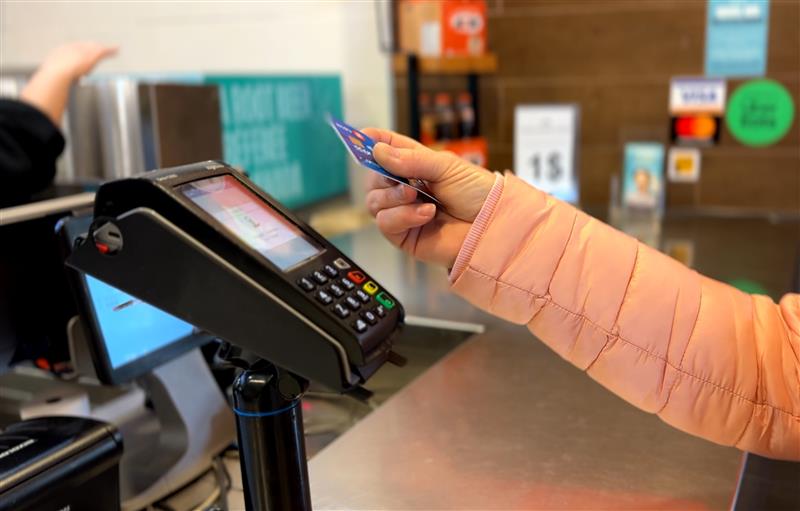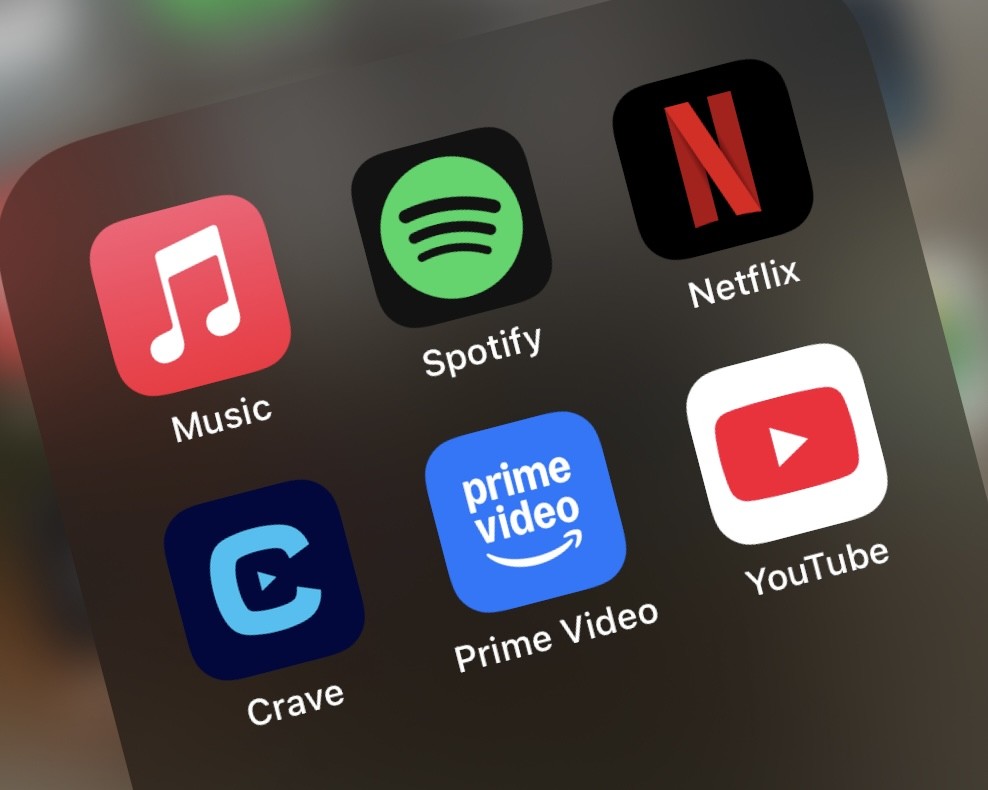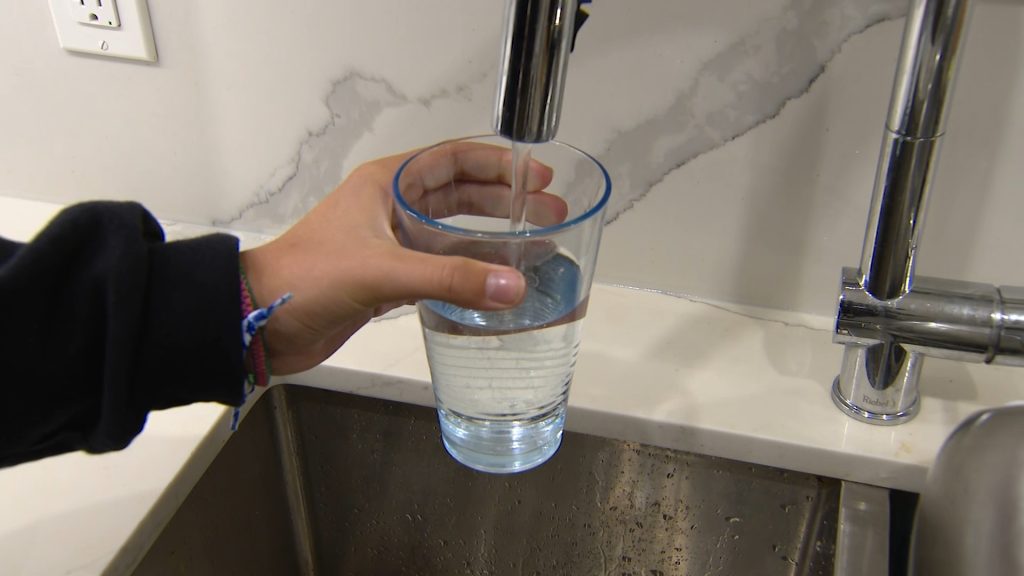Indigenous leaders gather at COP15 calling for Indigenous-led nature protection

Posted December 9, 2022 10:53 am.
Last Updated December 9, 2022 6:47 pm.
Indigenous leaders from around the world, including Canada, Brazil, the Democratic Republic of Congo, Cameroon and Indonesia, gathered at COP15 in Montreal Friday calling for Indigenous-led nature protection.
They say their communities have lived in harmony with nature since time immemorial, and the success of negotiations at COP15 depend on how much Indigenous knowledge is recognized as a science of the land.
“No one knows better than us the value of our forest and no one knows better how to protect it. Recognize our rights and our expertise, and we will do as we always have – keep the forest safe and protect the land we come from, not only for ourselves but for every being on earth,” said Orpha Yoshua, an Indigenous Namblong woman from West Papua, Indonesia.
They say, Indigenous People comprise less than 5 per cent of the world’s population, but managed to protect 80 per cent of the world’s existing biodiversity.
“Globally, areas managed by Indigenous Peoples are among the most conserved, even though we, Indigenous Peoples, represent a small part of the population. However, we remain outside the decision-making process and without our rights to our territories. We hope that this COP15 will recognize our rights and that it will create more space for our official participation,” said Dinamam Tuxá, Executive Coordinator for the Articulation of Indigenous Peoples of Brazil.
“Indigenous Peoples are being forced to change our ways of life and as a result communities are suffering physically, mentally and spiritually. The disregard for Indigenous rights in our lands to protect nature is a form of systemic racism. This must be changed at COP15. It is time for our voices to be heard,” added Ronald Brazeau, Interim Director of Natural Resources Department of Lac Simon First Nation.
They say there is a need to decolonize our approach to nature protection.
“The only ethical and ecologically viable way to protect nature is to recognize the rights of the Indigenous Peoples who live there and who have used our traditional knowledge to protect it for decades. To be effective, the new Global Biodiversity Framework must guarantee the full involvement of Indigenous Peoples and local communities in the management and decision-making concerning forest areas,” said Valentin Engobo, Lokolama Indigenous community leader, Congo Basin.
RELATED
Youth take center stage at COP15 biodiversity conference in Montreal
Progress slow at COP talks although some agreement achieved, says Guilbeault
Protests outside COP15 in Montreal, demanding climate action
Among the Indigenous speakers present on Friday was Ta’Kaiya Blaney, a young renown Indigenous leader from Tia’amin Nation in British Columbia, she along with other Indigenous youth staged a peaceful protest during Justin Trudeau’s opening speech.
“At the opening of COP15 I stood alongside Indigenous youth as we interrupted Justin Trudeau’s statement by drumming, singing and walking out. We made our point peacefully and I’m proud of how we stood in our strength and culturally demonstrated that he is breaking our laws. It’s unfortunate that as indigenous youth that we have to keep reiterating that we are peaceful but it is relevant,” Blaney said.
As a teen, Blaney addressed the United Nations Permanent Forum on Indigenous Issues. On Friday, she recounted how her generation is witnessing a devastation to their lands.
“The ancient coastal rainforest that fed my great grandparents have been swallowed whole by industrial forestry, and as a result, our people have been systematically starved into assimilation,” she said.
“We are the only people who have survived on this land for thousands of generations. If you truly wish to survive with us, you must be willing to let go of colonialism.”
She’s calling for more concrete action.
“We cannot accept any more empty promises from Canadian politicians about our futures.”








